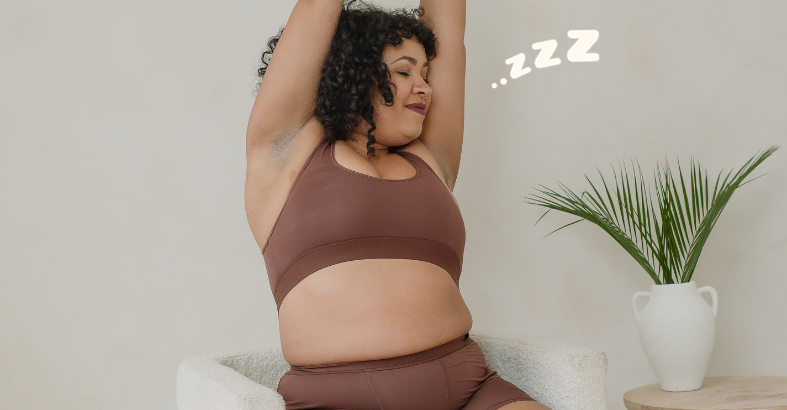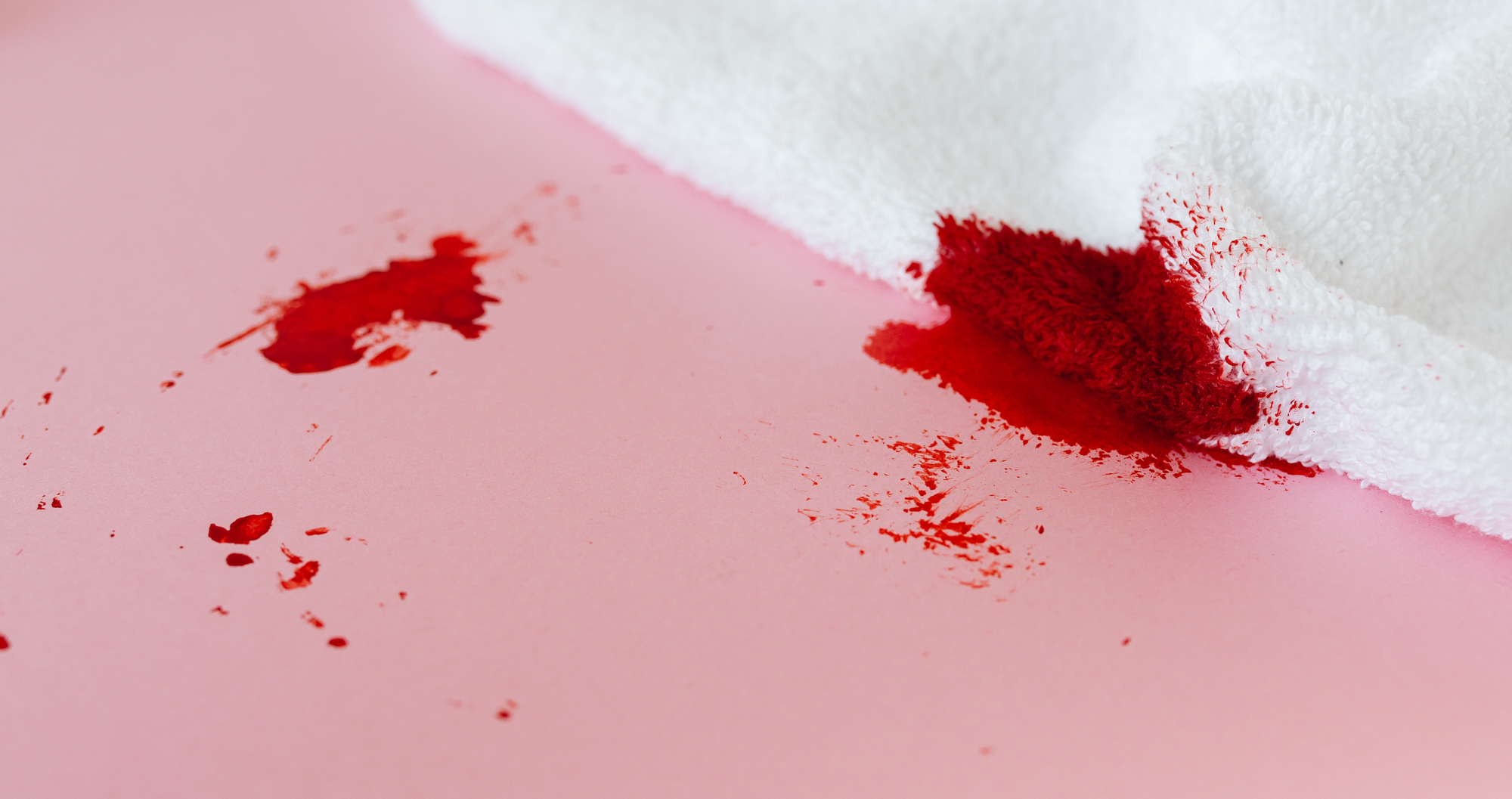Okay! Let's talk about how wild it is that there's a connection between your menstrual cycle and the hormone melatonin.
Before we dive in, let's start with a quick refresher on what melatonin is. Melatonin is a hormone produced by the pineal gland in the brain that helps regulate your sleep cycle. It's the hormone that makes you feel sleepy when it's dark outside and wakes you up when it's light outside.
Now, you may be wondering how melatonin could possibly affect your menstrual cycle, especially because its main job is to regulate sleep and the menstruation is about, your period... but, as it turns out, melatonin and the menstrual cycle are more closely connected than you may think.
You see, the sleep-wake cycle can affect the levels of other hormones in the body, such as luteinizing hormone and follicle-stimulating hormone. These hormones play a role in regulating the menstrual cycle. So, it's possible that changes in sleep patterns from taking melatonin could indirectly affect the menstrual cycle. The science suggests that when melatonin rises in during the luteal phase of the menstrual cycle, it either directly or indirectly through its antioxidant properties, stimulates progesterone production.
But, before you stock up on melatonin supplements, keep in mind that there is actually limited scientific evidence to support the claim that melatonin directly affects the menstrual cycle. Some folks have reported changes in their menstrual cycle after taking melatonin, but this hasn't really been scientifically studied.
Also, melatonin supplements can can have some side effects when combined with certain medications, including hormonal birth control, and could have an effect on their effectiveness. So, if you're on birth control and you are thinking about taking some melatonin supplements, it's best to speak with your doctor first to get some advice.
Now, let's shift gears a little. Let's chat about how you can improve the quality of your sleep without relying on actually taking melatonin supplements. Here are a few tips:
-
Consistency is key! Stick to a consistent sleep schedule. Try to go to bed and wake up at the same time every day, even on weekends. This helps regulate your body's internal clock and makes it easier to fall asleep and wake up feeling fully rested.
-
Create a sleep-conducive environment, meaning an environment that actually helps you get to sleep. Make sure your bedroom is slightly cooler, so maybe sleep with your window slightly open, quiet, and dark. Invest in a comfortable mattress and pillows to help you sleep comfortably.
-
Limit caffeine and alcohol consumption before bedtime. Both of these can interfere with the quality of your sleep and make it more difficult to fall asleep.
-
Practice relaxation techniques. Try deep breathing, meditation, journaling or even yoga before bed to help calm your mind and relax your body.
-
Get regular exercise. Regular physical activity can help improve the quality of your sleep, as long as you don't exercise too close to bedtime.
- You can also try either our Remi, our Charlie Shorts, or any of our overnight bundles to give you 100% peace of mind that you won't leak while you sleep!
So, that's it! The connection between the menstrual cycle and melatonin. While the science may not yet be clear on the direct impact of melatonin on menstruation, getting good quality sleep can still have a positive effect on your overall health and wellbeing. Now, go ahead and get some zzzz's!





